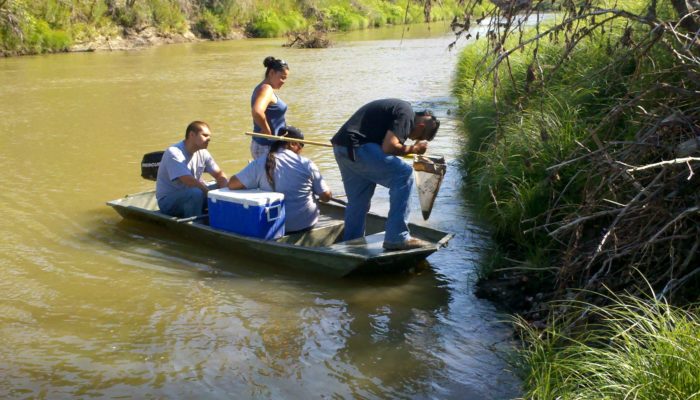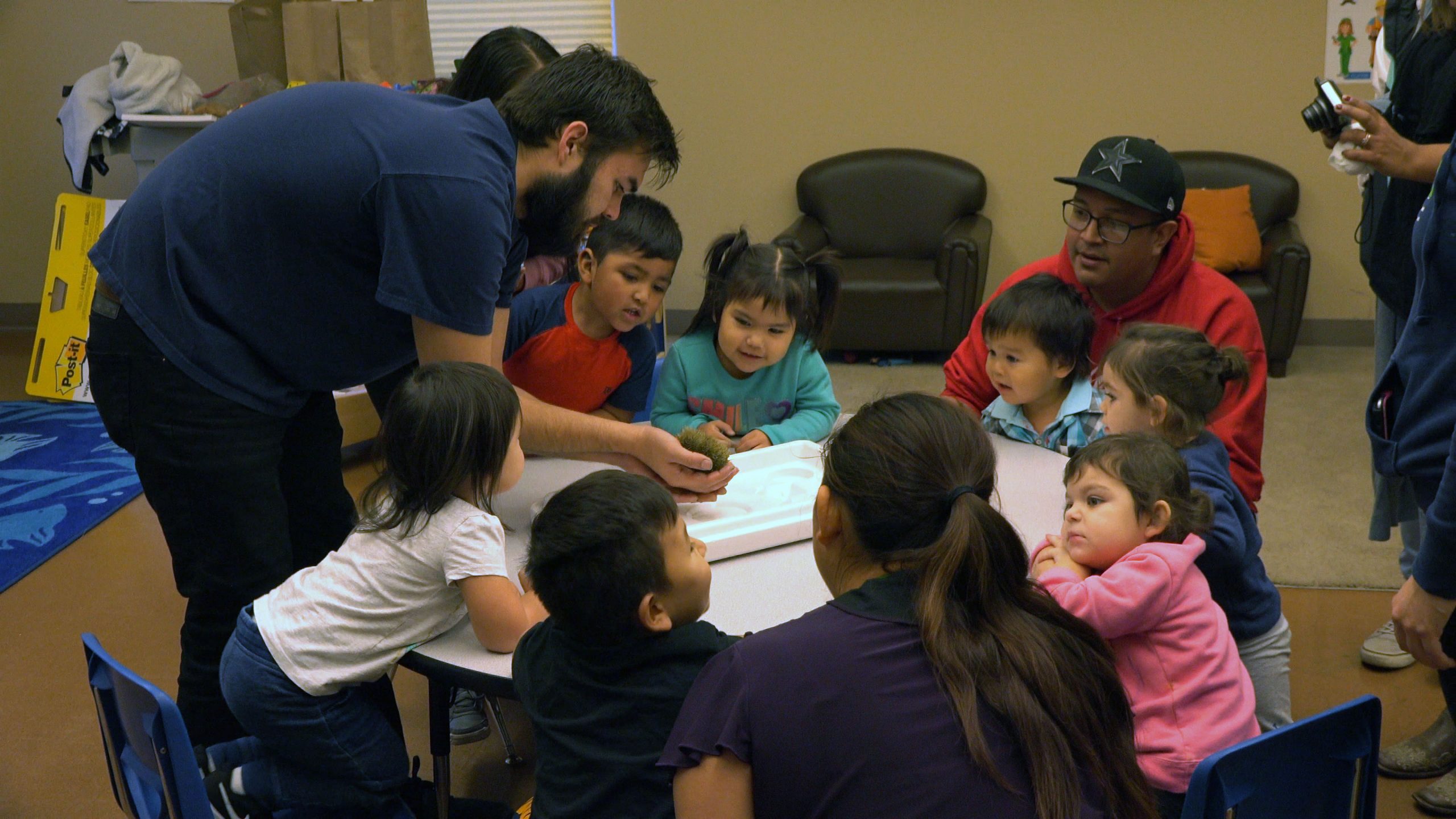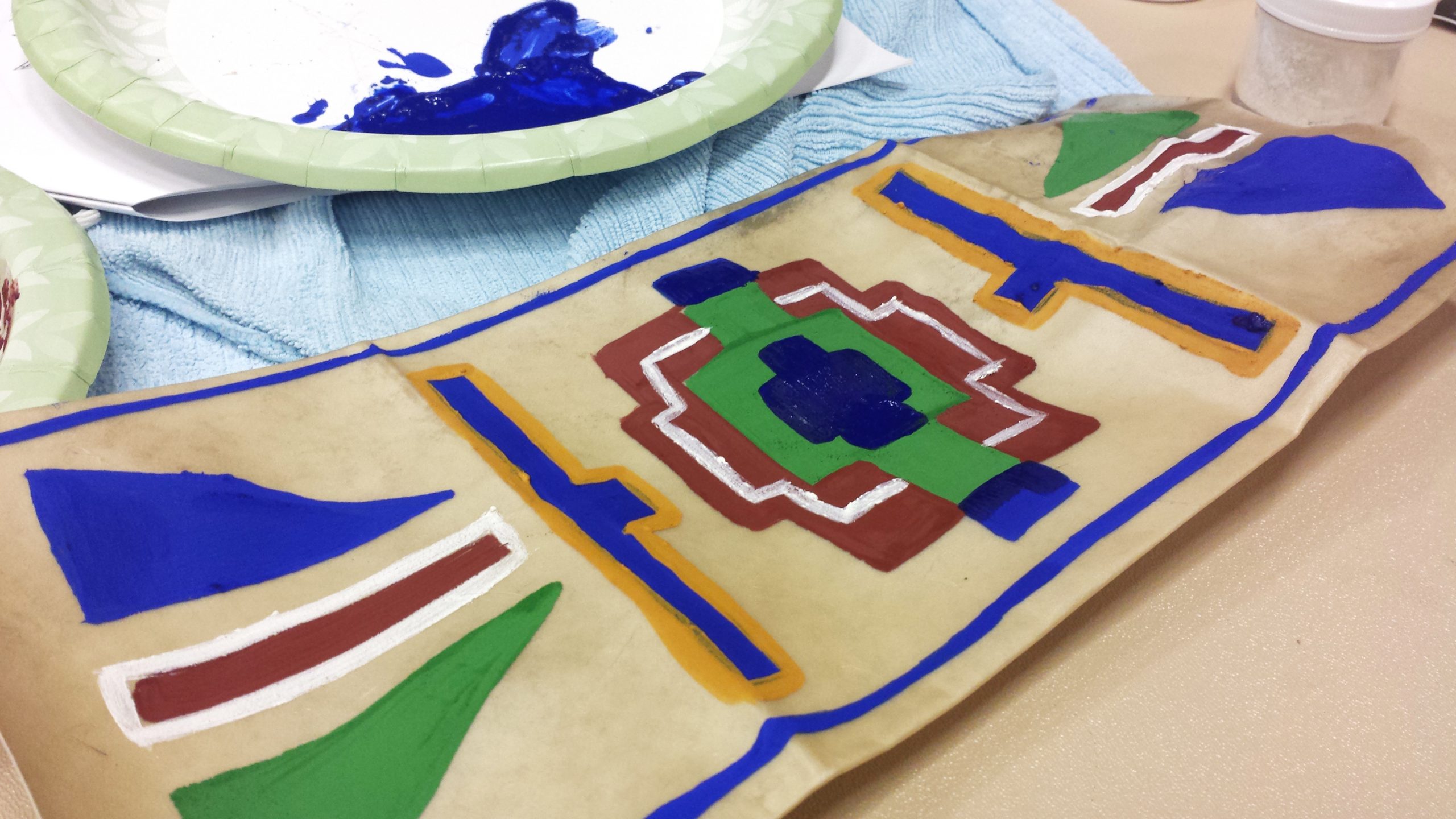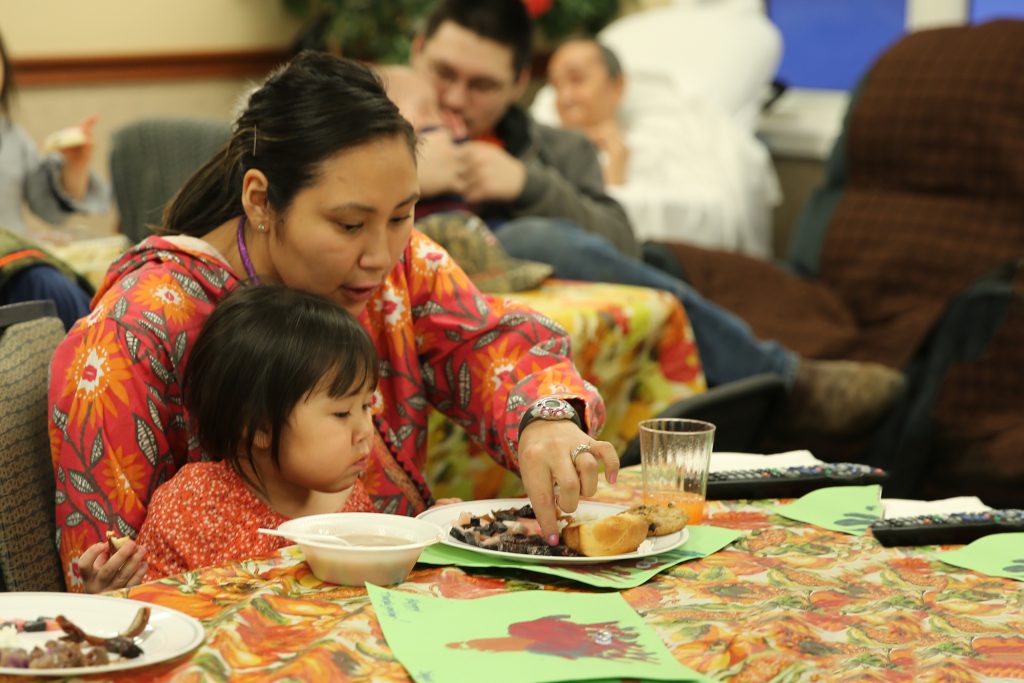The Anheuser Busch Foundation
Cultural Preservation Grant
2014 – 2017

About The Program
The Anheuser Busch Foundation Cultural Foundation Preservation Grant program was introduced in early 2014 and provides one-time annual awards to a selected tribal college or university (TCU) for the purpose of supporting cultural preservation. The award is intended to help the selected TCU accomplish a previously unsupported strategy toward preserving cultural practices, language, arts, or any activity deemed to be of cultural nature by the TCU and the community it serves. Since the start of the Anheuser Busch Foundation Cultural Preservation Grant, two TCUs have been awarded $30,000 each for cultural preservation projects.
Anheuser Busch Cultural Preservation Grant Projects Include:
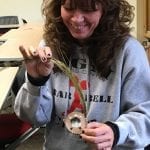
KBOCC student participating in the Quillwork and sweet grass basketry workshops.
Ilisagvik College
Ilisagvik College is the current recipient of the Anheuser Busch Cultural Preservation program. Ilisagvik College plans to implement and develop two cultural preservation activities over the course of the grant period:
- Develop and publish curricula in the form of 6 Inupiaq children’s books for Ilisagvik College’s learning center, Uquatchim Uglua. These books will also be used as teaching tools in the Indigenous Early Learning Program and Inupiaq Studies Program.
- Sustain and expand Ilisagvik College’s weekly cultural hour, which engages local Elders, cultural experts, hunters and others to teach at workshops hosted by Ilisagvik College for faculty, staff and students.
The two proposed activities will focus on creating place-based educational resources and imparting Inupiaq traditions, values, history and langue to the local community.
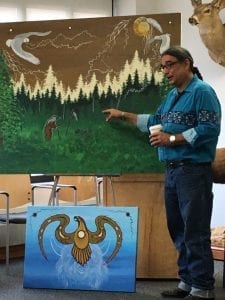
Brian Corbiere, Native American artist, is providing storytelling to the KBOCC students about the meanings behind his paintings and what is represented in them.
Keweenaw Bay Ojibwa Community College
Keweenaw Bay Ojibwa Community College’s (KBOCC) goal for the Anheuser Busch Cultural Preservation grant was to preserve the Ojibwa Culture through community-based educational opportunities with support through traditional activities and the arts. KBOCC provided continuing education units of traditional activities that support Ojibwa teachings, provided language lessons to children at the OCC Child Care Center, hosted a week-long summer empowerment camp for elementary students, and established a Native American art gallery and venue for local artisans. The various projects brought community members together in forums that helped them learn about their cultural identity. It helped to preserve the language, history and cultural teachings of the Ojibwa people.
Little Priest Tribal College
Little Priest Tribal College was selected as the recipient of the 2014-15 awards. Little Priest Tribal College is implementing the Elder Brother, Younger Brother: A Native American Leadership Program for Young Men. Little Priest Tribal College’s focus will be on inter-generational discourse and relationship-building between older Winnebago/Ho Chunk Native American men and young Winnebago/Ho Chunk Native American men (young men and 10 to 15 elder mentors will be participants). This program will also increase the role of language and culture in identity, leadership and academic development of Winnebago/Ho Chunk Native American young men.
Tohono O’odham Community College
Tohono O’odham Community College, located in Sells, Arizona, constructed three large wathos (gathering and teaching spaces) on the campus. In addition, TOCC constructed an educational path connecting the wathos to teach about native plants. The educational path features place cards that feature local cacti and vegetation and explained through the Tohono O’odham language.
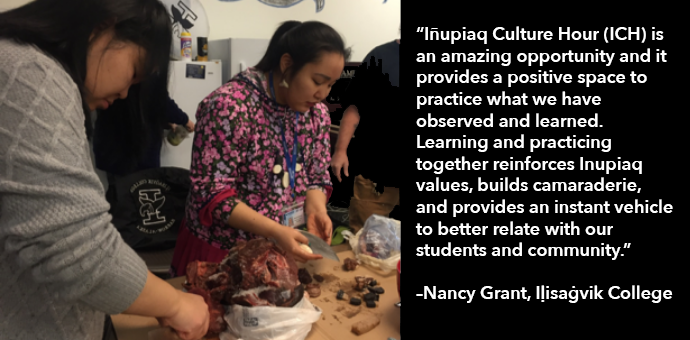
Program Gallery

Grantees
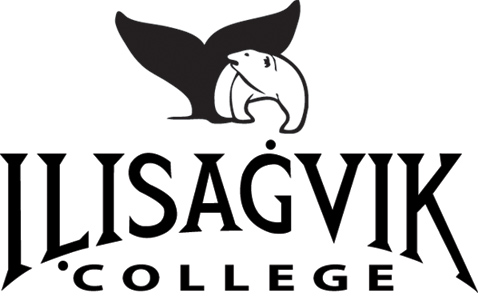
Iḷisaġvik College
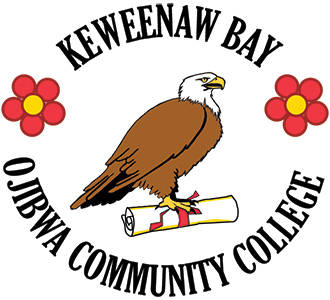
Keweenaw Bay Ojibwa Community College
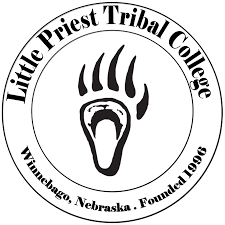
Little Priest Tribal College
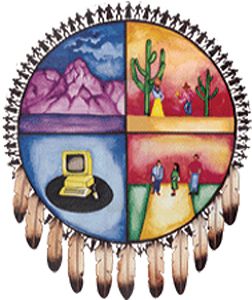
Tohono O'odham Community College
Related Blogs
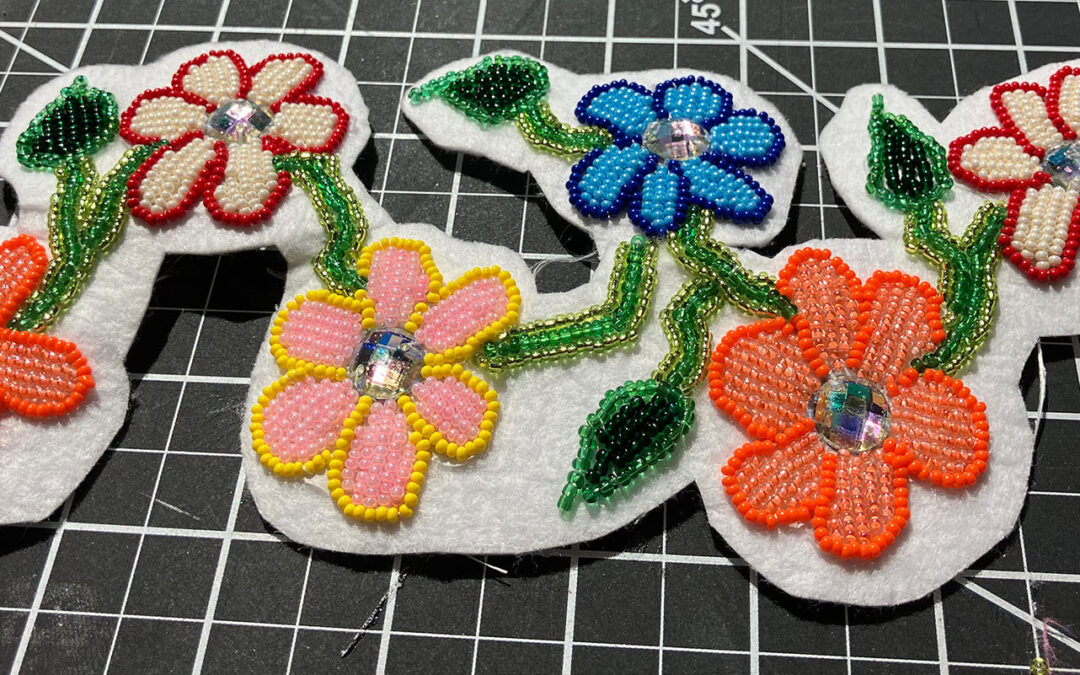
Remembering What Was Before Me
Written by Bryan Welsh, Cultural and Wellness Coordinator at Keweenaw Bay Ojibwa Community College Boozhoo, aaniin! Biinidigan! Our featured Native American artist this February is Mary Kay Shalifoe, Zhaawa nuung oo kwe (Southern Star Woman), Anishinaabe Arts adjunct...
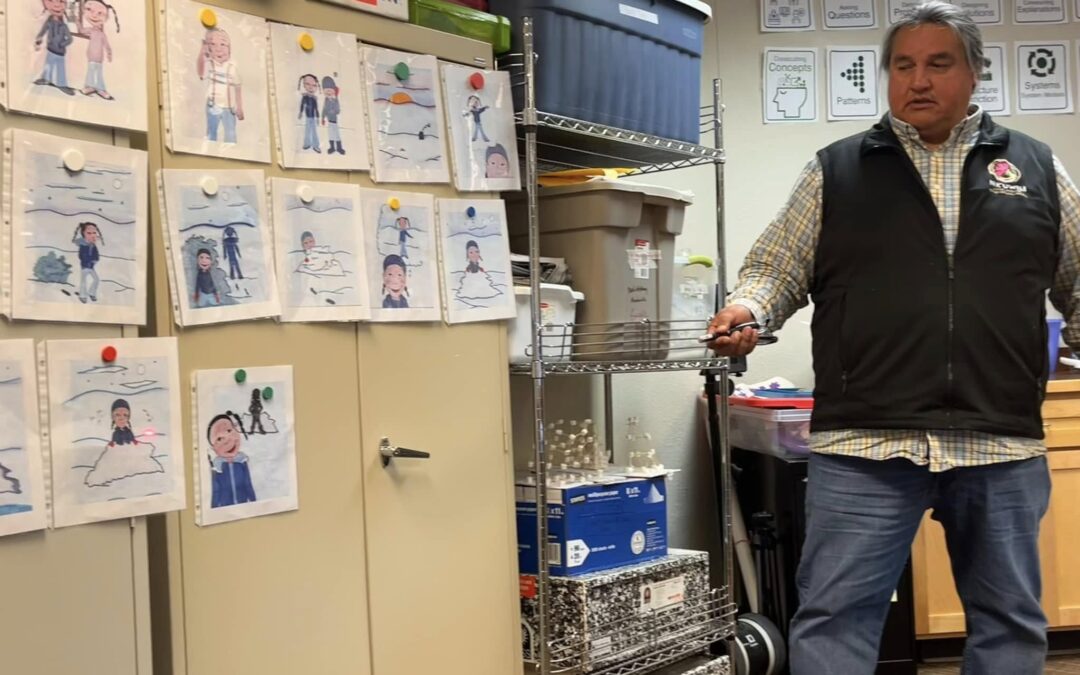
Inspiring a New Generation of Salish Language learners
Written by Rosemary Matt, Dept. Chair-Native Language Teacher Education & Séliš-Ql̓ispé Language and Culture programs, Salish Kootenai College Steve Arca, also known as Stipi, plays a vital role in the Salish Kootenai College community, particularly in language...
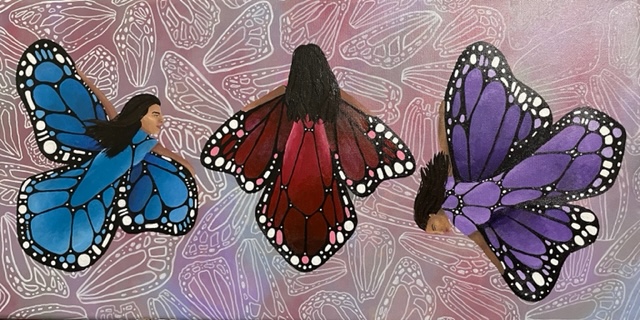
Indigenous Art Has No Boundaries
Written by Krystal Wind, Dean of Student Affairs, College of the Muscogee Nation Danielle Fixico is Chickasaw, Muscogee, and Choctaw. She is a College of the Muscogee Nation (CMN) alumna, class of 2017. She serves as faculty at CMN, teaching Art I and II, Freshman...
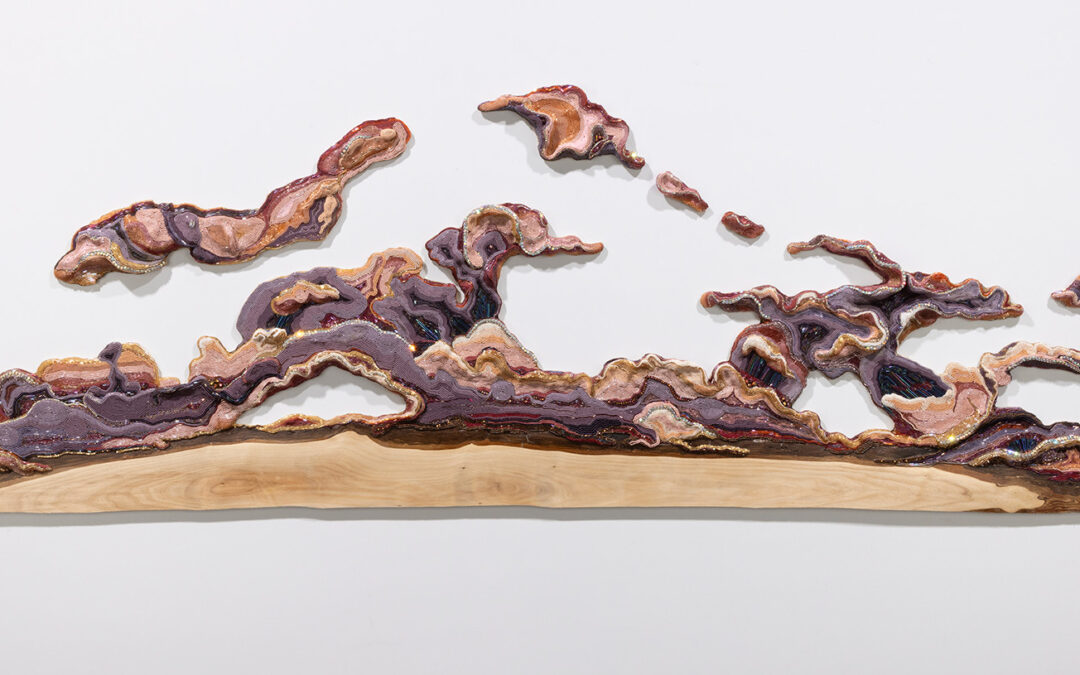
Exploring Futurism and Identity through Art with Mona Cliff
Written by Braydon Fitzpatrick, American Indian Studies Instructor, Aaniiih Nakoda College This past fall, Mona agreed to do an artist talk at Aaniiih Nakoda College (ANC), open to both ANC students and community members. ANC is dedicated to providing a platform for...



